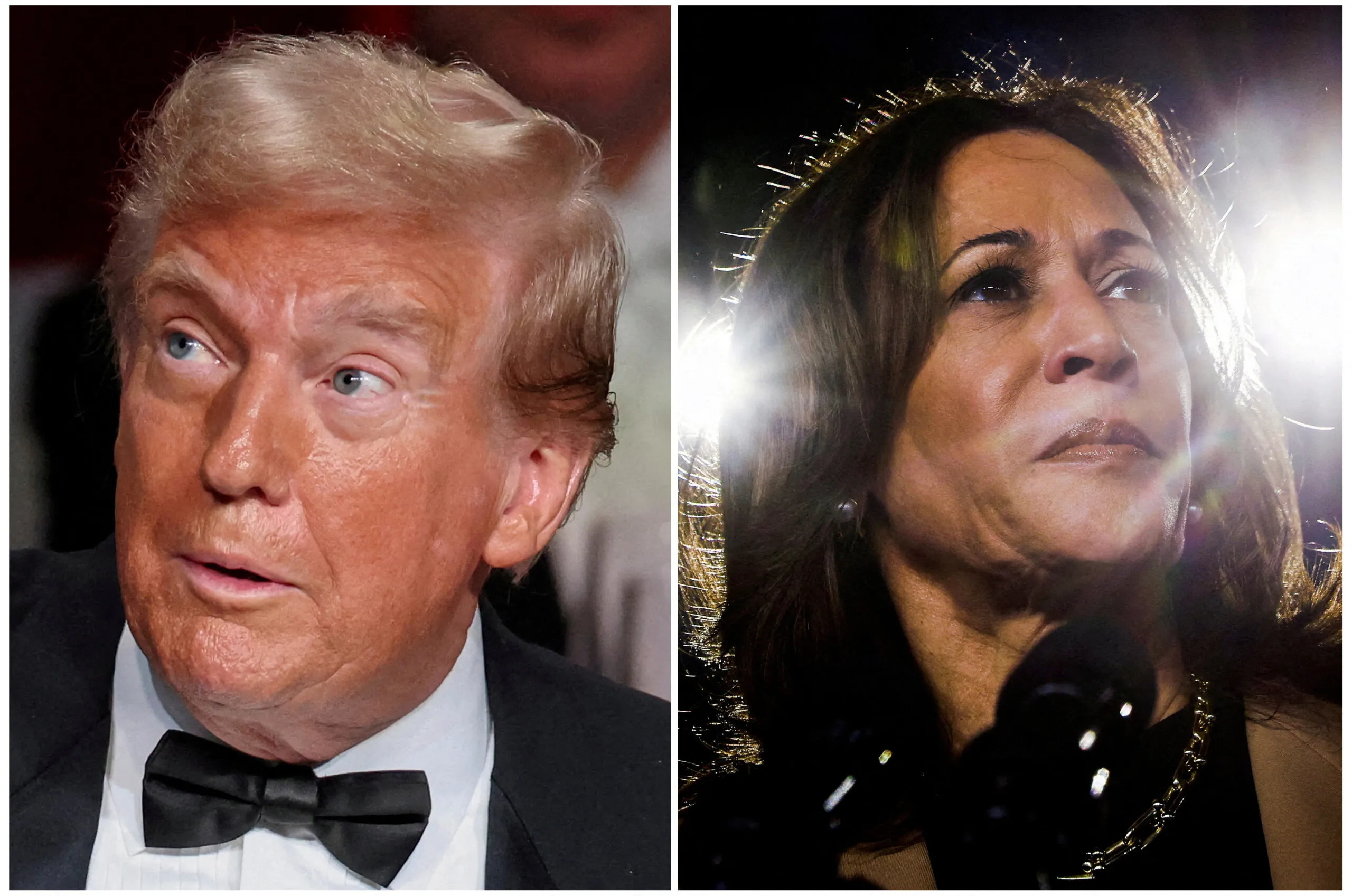Trump’s $10 Billion Lawsuit Against CBS: A Battle Over ’60 Minutes’ Interview Editing
On October 31, 2024, former President Donald Trump initiated a $10 billion lawsuit against CBS Broadcasting and CBS Interactive. The lawsuit centers around the network’s editing of a ’60 Minutes’ interview featuring Vice President Kamala Harris. Trump’s legal team alleges that CBS engaged in “deceptive conduct” by manipulating the interview footage, claiming that the edits were designed to mislead viewers and favor Harris in the lead-up to the upcoming presidential election.
The crux of the lawsuit revolves around allegations of election interference. Trump’s team asserts that CBS’s editing misrepresented Harris’s responses, potentially confusing voters about her capabilities. They argue that the network’s actions constitute unlawful interference in the electoral process, a serious claim that raises questions about media ethics and responsibility during a politically charged period.
In a bold move, Trump is demanding that CBS publicly disclose the complete, unedited transcript of the interview. He argues that this transparency is essential to counteract what he describes as misleading edits. The former president’s legal strategy appears to hinge on the belief that revealing the unedited footage will vindicate his claims and expose what he perceives as media bias against him.
The lawsuit was filed in the US District Court for the Northern District of Texas, a choice that has sparked discussions about “judge shopping.” Critics point to Judge Matthew Kacsmaryk’s reputation for favorable rulings on conservative issues, suggesting that Trump may be seeking a sympathetic venue for his case. This aspect of the lawsuit adds another layer of complexity to an already contentious legal battle.
In response to Trump’s allegations, CBS has firmly rejected the claims, asserting that the interview was not altered. The network emphasized its First Amendment rights to editorial discretion, stating that the interview was presented fairly and without concealment of Harris’s responses. CBS’s defense underscores the challenges media organizations face when navigating politically sensitive content, particularly in an era of heightened scrutiny.
Legal experts have criticized the lawsuit, describing it as “frivolous” and a dangerous attempt to control media narratives. First Amendment attorneys argue that such lawsuits undermine journalistic independence and could set a troubling precedent for future media coverage of political figures. The implications of this lawsuit extend beyond Trump and CBS, raising concerns about the potential chilling effect on press freedom.
During a recent rally in Nevada, Trump publicly referenced the lawsuit, reiterating his belief that CBS should lose its broadcasting license. His comments reflect a broader strategy to challenge perceived media biases against him and his campaign. As Trump leads in Republican primary polls, this legal action serves as a focal point in his ongoing battle with the media.
The controversy surrounding the interview stems from an October 7 broadcast, where Harris’s responses were perceived as heavily edited. Critics argue that CBS shielded her from criticism by omitting a longer, less coherent answer given during the interview. This editing has fueled accusations of bias and raised questions about the integrity of the network’s reporting.
Trump’s legal filing includes a request for a jury trial, indicating his intention to pursue this matter vigorously in court. The outcome of this lawsuit could have significant implications for CBS, particularly regarding its editorial practices and the potential pressure from political figures to alter content or release unedited materials. As the legal battle unfolds, the media landscape may be forced to confront the challenges of maintaining journalistic integrity in a politically charged environment.
In conclusion, Trump’s $10 billion lawsuit against CBS highlights the ongoing tensions between political figures and the media. As the lawsuit progresses, it will be crucial to monitor its implications for both CBS and the broader media landscape. The intersection of Trump’s lawsuit, CBS News, and the 60 Minutes interview raises important questions about election interference, media ethics, and the role of journalism in a democratic society. The outcome of this case may not only impact the parties involved but could also set a precedent for how media organizations navigate political content in the future.






Leave a Comment